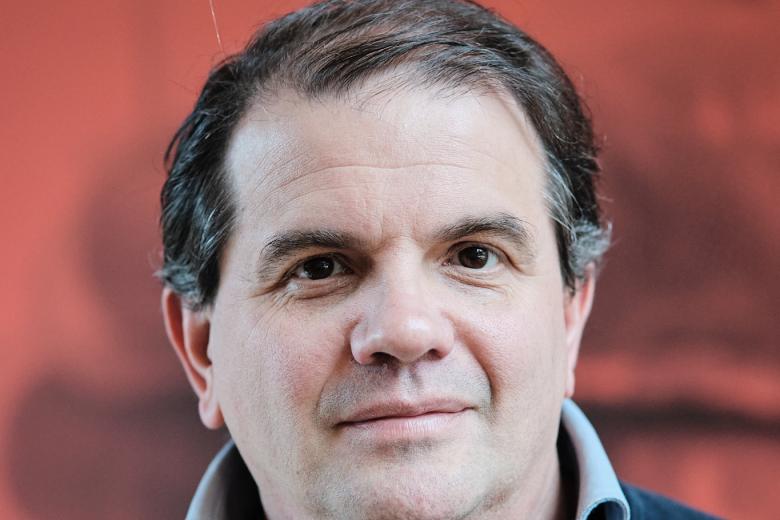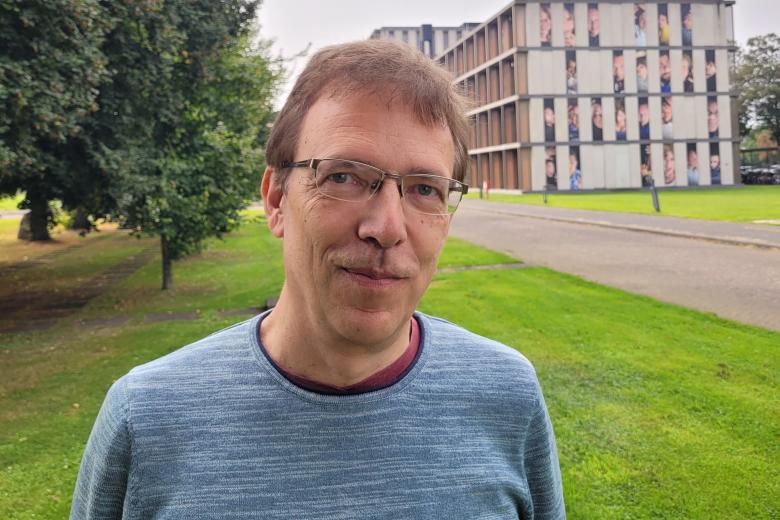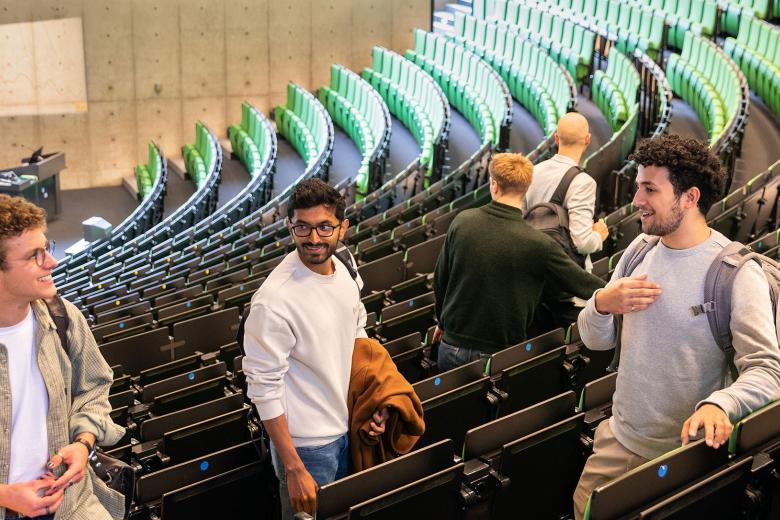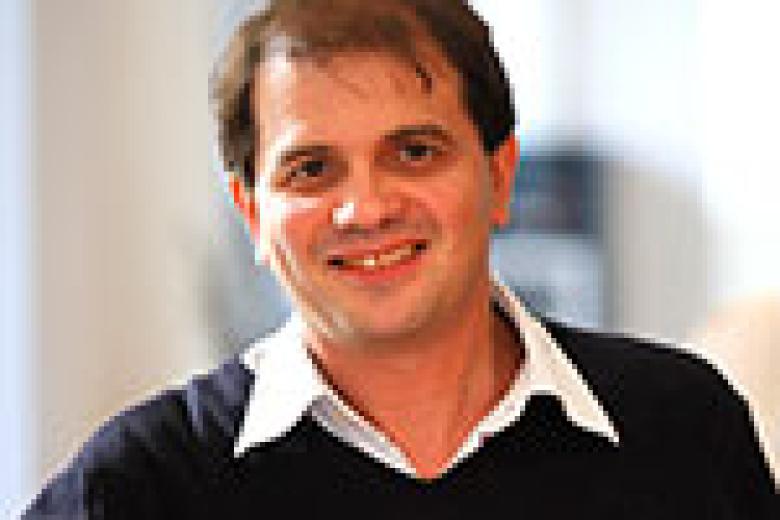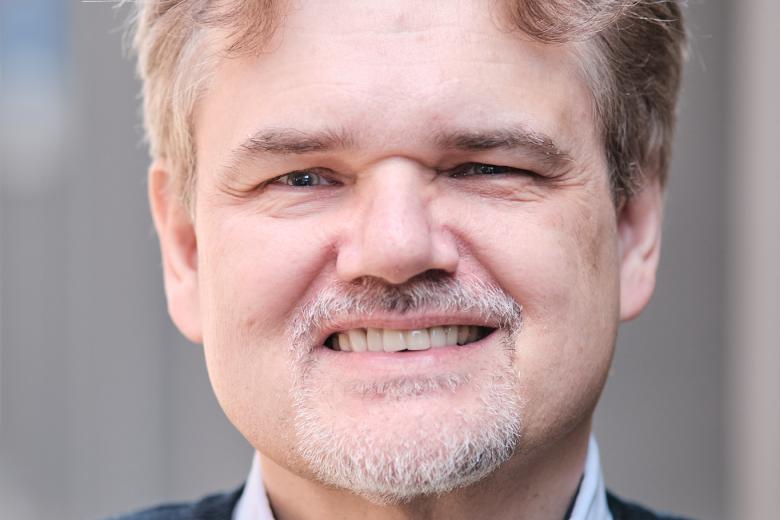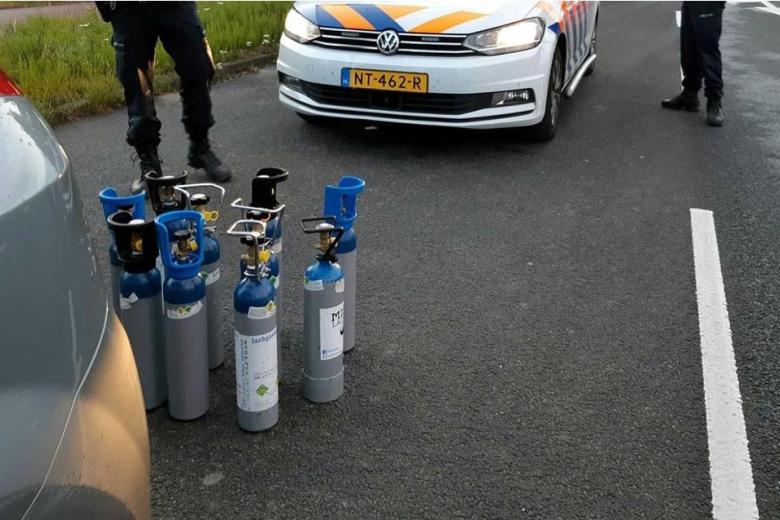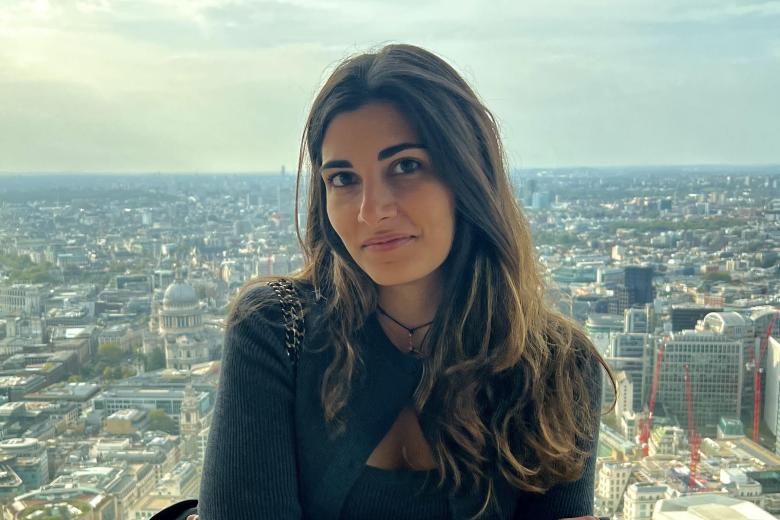Brain stimulation in people with neglect
Marij Middag (PhD Candidate) and Teresa Schuhmann (Professor of Clinical Applications of Non-invasive Brain Stimulation) from the Department of Cognitive Neuroscience at the Faculty of Psychology and Neuroscience, have recently published their paper Alpha transcranial alternating current stimulation...
